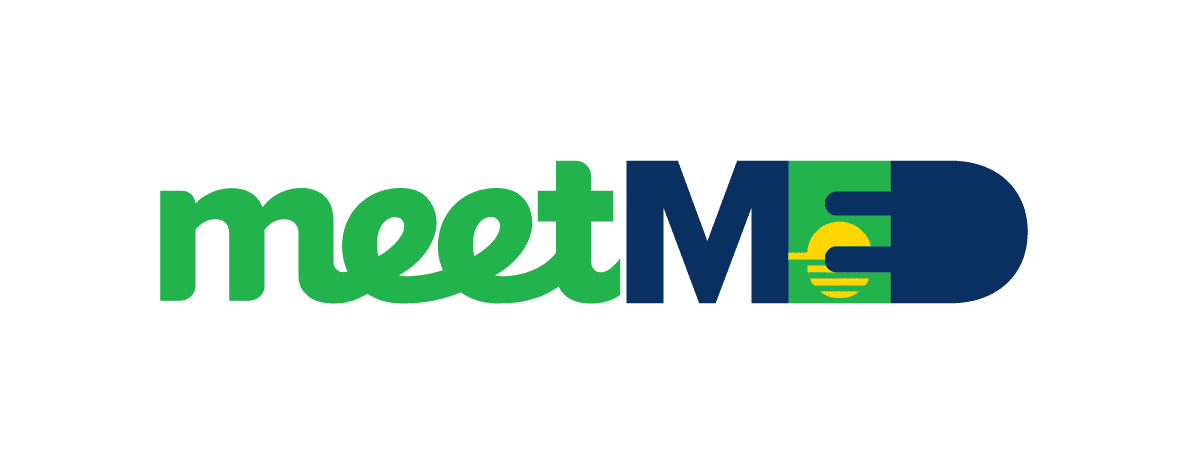- meetMED (2018 – 2020)
- meetMED (2021 – 2024)
National REEE Strategies and Policies
– Creating a Regional Expert Network (REN) from Mediterranean countries to support the implementation of EE and RE policies to enhance national operational programmes and to establish two regional task forces to identify the countries’ needs in terms of EE and RE regulatory framework in the building and power sectors. The experts are responsible for elaborating policy briefs and reports giving an overview country per country on RE and EE in the region.
– Updating relevant existing monitoring tools on energy and climate policies and developing a database on existing measures to implement RE and EE regulation to help benchmark progress of the policies and regulations implemented in the Mediterranean region. A report bringing forward the existing MEDENER Observatory project and capitalizing on EU-ODYSSEE, RCREEE AFEX, CLIMASOUTH will complete the activity.
Professional and Vocational Training
Sustainable energy design toolkit for public authorities
This toolkit will consist of guidelines for public authorities on the use of sustainable energy design and financing tools and the development of guidelines for improving multi-level governance in the Mediterranean area in the field of sustainable energy planning and for better adaptation of the EU legislation to local contexts in the Mediterranean countries.
Energy audits in industrial small medium enterprises (SME)
A concise methodology will be developed. This will include all the necessary steps required for the completion of a thorough energy audit, taking into account the particularities and specific requirements of SME’s and technical information concerning energy efficiency measures in industrial horizontal processes.
Integration of EE and RES measures in buildings
For EE, this will include information concerning both the structural components of the building and the electromechanical equipment as well as behavioural aspects. For RES, this will mainly include information concerning photovoltaic systems and solar thermal systems as well as the use of micro-grids.
REEE Sustainable Growth and Investments
A series of national and regional consultations with key stakeholders identified current and potential markets for RE and EE products and services and which parts of the relevant value chains are of high potential for creating local value in the respective countries.
After assessing the potential of local manufacturing, a series of consultations and workshops will contribute to define possible modalities to support industrial associations, which might be created at national or regional levels and that could serve to promote local production of components for RE and EE systems.
National and regional tools also assess the socio-economic effects of RE and EE related projects, especially in terms of local job and value creation, so as to elaborate practice-oriented recommendations for decision-makers to advance and implement the socio-economic benefits of RE and EE.
The Union for the Mediterranean (UfM) Renewable Energy and Energy Efficiency (REEE) Platform
This workstream supports the UfM REEE Platform by emphasizing the importance of the energy transition in saving energy and reducing carbon emissions while make energy accessible to households and companies at affordable prices, creating new jobs, and ensuring shared prosperity all around the Mediterranean where energy demand is projected to increased drastically.
Workshops, events and studies were deployed, for example, the High-Level Policy Dialogue (HLPD) was created to focus on the promotion of RE and EE in the region and developed a concept note on how to build strong partnerships between the Maghreb, Mashreq, and the European Union financial institutions to fight climate change through the deployment of renewables and energy efficiency.
Energy Efficiency Strategies and Policies on Buildings and Appliances
- Organize regional meetMED energy weeks to foster exchanges of information and experience between Northern and the Southern Countries partners
- Support to policy / decision makers on harmonization of legislation, regulations and standards in buildings’ sector through several task forces and working groups
- Promote the market of efficient appliances, by introducing a regional EE label for appliances, supporting MRV systems for MEPS for the most consuming appliances
- Set-up a regional observatory for energy efficiency indicators in the 8 beneficiary countries enabling follow-up of progress

